GEM ENCYCLOPEDIA
FEATURED GEM
PERIDOT
Found in Lava ,meteorites, and deep in the earth’s mantle, yellow-green peridot is the extreme gem
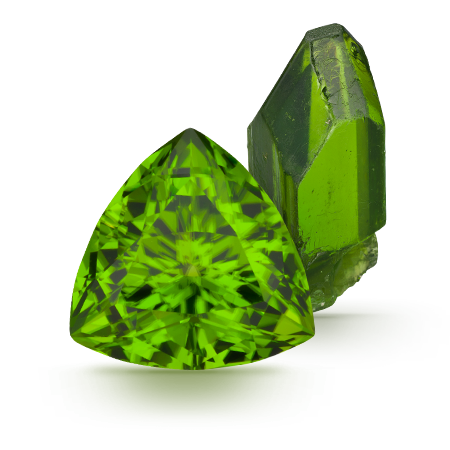
THE FACTS
Yellow-green gem variety of the mineral olivine. Found as nodules in volcanic rock, occasionally as crystals lining veins in mountains of Myanmar and Pakistan, and occasionally inside meteorites.
rotana diamond’S GUIDE TO GEMSTONES: GEM ENCYCLOPEDIA
-
 ALEXANDRITE
ALEXANDRITE -
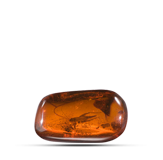 AMBER
AMBER -
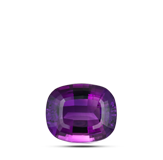 AMETHYST
AMETHYST -
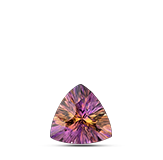 AMETRINE
AMETRINE
ALEXANDRITE
Green in sunlight. Red in lamplight. Color-changing alexandrite is nature’s magic trick.
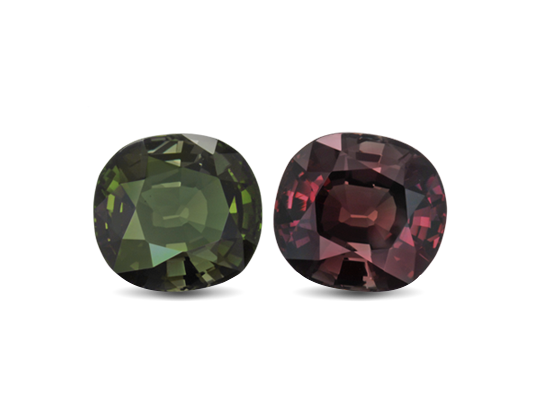
THE FACTS
It’s the color-change variety of the mineral, chrysoberyl. Bluish green in daylight, purplish red under incandescent light; hard and durable. Top quality examples are rare and valuable.
AMBER
Amber is nature’s time capsule. This fossilized tree resin contains remnants of life on earth millions of years Ago

THE FACTS
Fossilized resin, color of the burnished sun–orange or golden brown. Amber might trap and preserve ancient life, including insects, leaves, even scorpions and occasionally lizards.
AMETHYST
The essence of purple, amethyst is vrey suitable for crown jewelry yet affordable enough for class right.
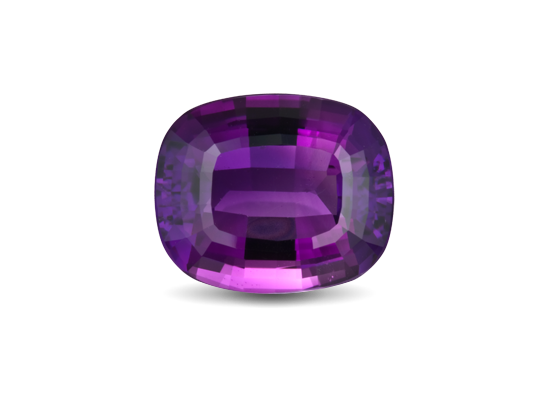
THE FACTS
Purple variety of the mineral quartz, often forms large, six-sided crystals. Fine velvety-colored gems come from African and South American mines. In demand for jewelry at all price points.
AMETRINE
This transparent quartz has colors of both amethyst and citrine, and is called ametrine or amethyst-citrine.
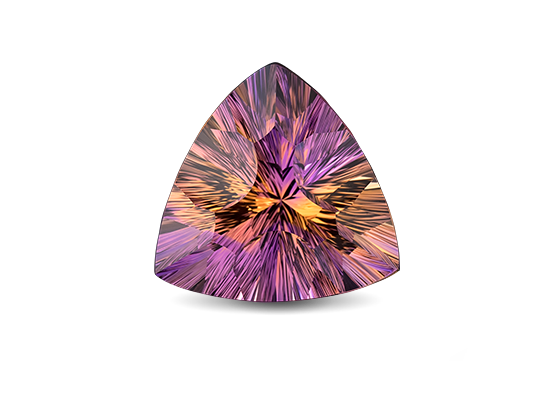
THE FACTS
Ametrine, one of the rarest types of transparent quartz, combines two colors: amethyst’s purple and citrine’s orange-to-yellow, growing together in a single crystal.
-
 AQUAMARINE
AQUAMARINE -
 CITRINE
CITRINE -
 DIAMOND
DIAMOND -
 FANCY COLOR DIAMOND
FANCY COLOR DIAMOND
AQUAMARINE
Named after seawater, aquamarine’s fresh watery hue is a cool plunge into a refreshing pool.
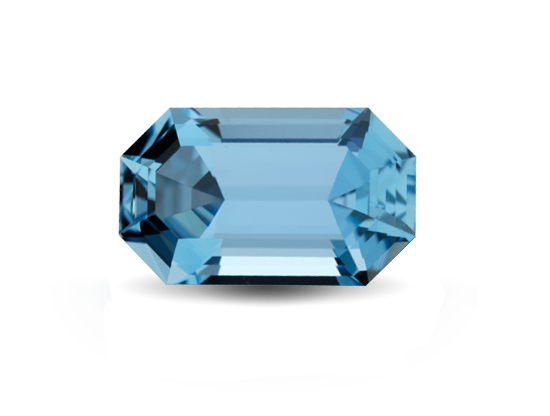
THE FACTS
Blue to slightly greenish-blue variety of the mineral beryl. Crystals are sometimes big enough to cut fashioned gems of more than 100 carats. Well-formed crystals might make superb mineral specimens.
CITRINE
Citrine is the transparent, pale yellow to brownish orange variety of quartz.
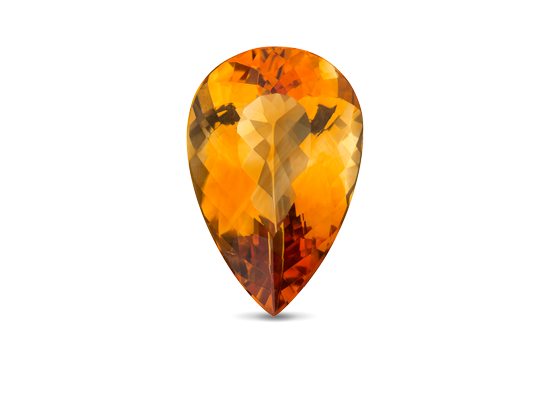
THE FACTS
Citrine’s color comes from traces of iron. It’s perhaps the most popular and frequently purchased yellow gemstone and an attractive alternative for topaz as well as for yellow sapphire.
DIAMOND
Diamonds are among nature’s most precious and beautiful creations.
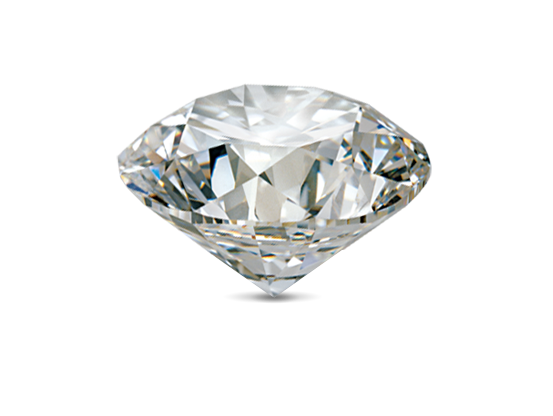
THE FACTS
This hardest gem of all is made of just one element: carbon. It’s valued for its colorless nature and purity. Most diamonds are primeval—over a billion years old—and form deep within the earth.
FANCY COLOR DIAMOND
Dazzling brilliance. Captivating color. The planet’s most valued gems are fancy color diamonds.
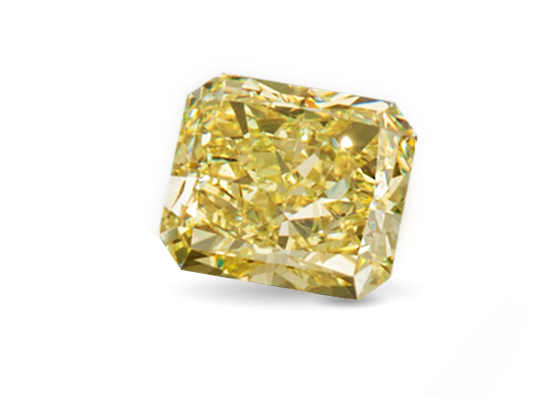
THE FACTS
Fine color diamonds are the most rare and costly of all gemstones. Their ranks include the world’s most famous jewel—the Hope—and the most expensive gem ever auctioned—The Graff Pink.
-
 EMERALD
EMERALD -
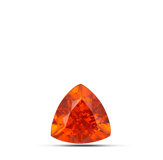 GARNET
GARNET -
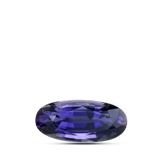 IOLITE
IOLITE -
 JADE
JADE
EMERALD
Emerald is the bluish green to green variety of beryl, a mineral species that includes aquamarine.
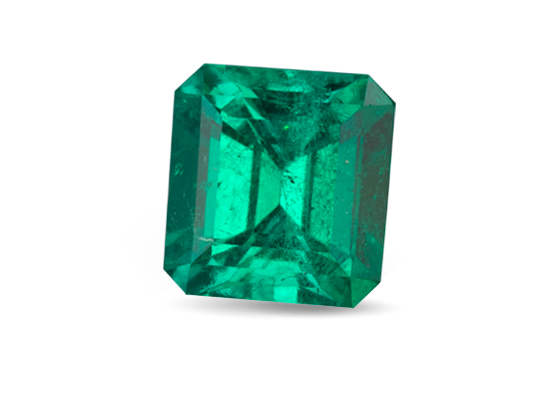
THE FACTS
The most valued variety of beryl, emerald was once cherished by Spanish conquistadors, Inca kings, Moguls, and pharaohs. Today, fine gems come from Africa, South America, and Central Asia.
GARNET
Garnets are a set of closely related minerals forming a group, with gemstones in almost every color.
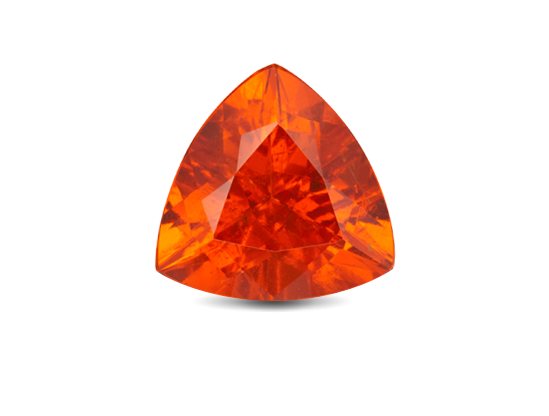
THE FACTS
The garnet group of related mineral species offers gems of every hue, including fiery red pyrope, vibrant orange spessartine, and rare intense-green varieties of grossular and andradite.
IOLITE
According to legend, Vikings used iolite slices to reduce glare when checking the sun’s position.
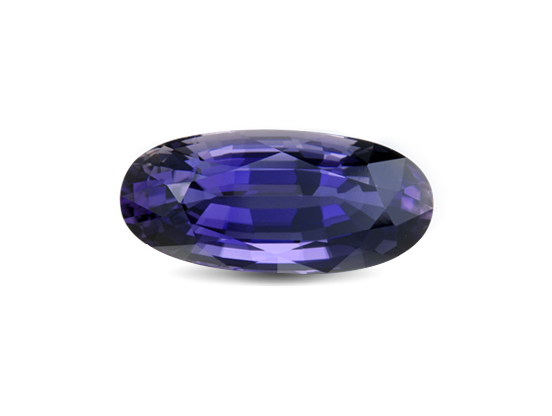
THE FACTS
Known in the jewelry trade as iolite, this mineral is known as cordierite to geologists and mineralogists. It was named after French mineralogist Pierre Cordier.
JADE
“Jade” is a generic term for nephrite, jadeite, and under certain conditions green omphacite. In China, a pierced jade disk is a symbol of heaven.
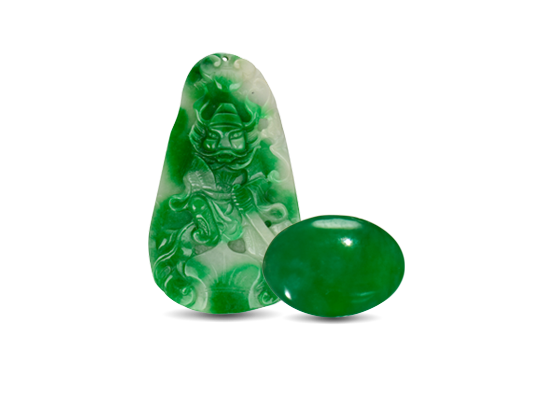
THE FACTS
Prized by civilizations from ancient China to the Aztecs and Mayans of Central America, jade is crafted into objects of stunning artistry.
-
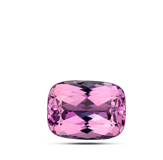 KUNZITE
KUNZITE -
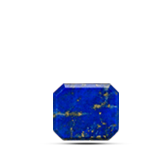 LAPIS LAZULI
LAPIS LAZULI -
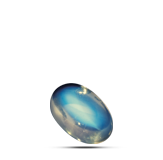 MOONSTONE
MOONSTONE -
 MORGANITE
MORGANITE
KUNZITE
Collectors love kunzite for its color range, from delicate pastel pink to intense violetish purple.

THE FACTS
Trace amounts of manganese give this pink to violet variety of spodumene its feminine glow. A relative newcomer to the gemstone stage, kunzite was only confirmed as a unique variety of spodumene in the early part of the twentieth century.
LAPIS LAZULI
Lapis is a beautiful rock; an aggregate of several minerals, mainly lazurite, calcite, and pyrite.
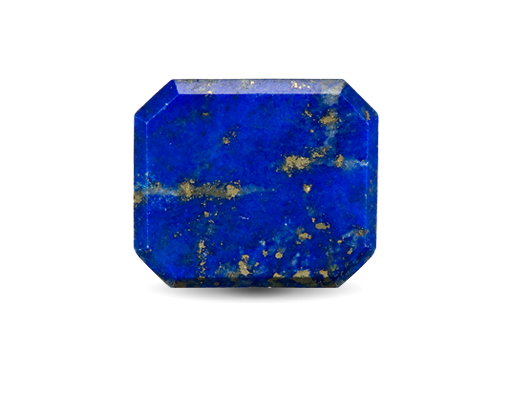
THE FACTS
Lapis lazuli is treasured for its beautiful deep blue color. Afghanistan is considered the source of the best-quality lapis.
MOONSTONE
A ghostly sheen moves under the surface of this feldspar, like moonlight glowing in water.

THE FACTS
Feldspar prized for its billowy blue adularescence, caused by light scattering from an intergrowth of microscopic, alternating layers. Favored gem of many Art Nouveau jewelry designers.
MORGANITE
Morganite is the pink to orange-pink variety of beryl, a mineral that includes emerald and aquamarine.

THE FACTS
Like its cousins emerald and aquamarine, morganite is a variety of the beryl mineral species. This gem gets its subtle blush when a trace amount of manganese makes its way into morganite’s crystal structure.
-
 OPAL
OPAL -
 PEARL
PEARL -
 PERIDOT
PERIDOT -
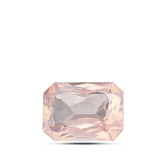 ROSE QUARTZ
ROSE QUARTZ
OPAL
Fireworks. Jellyfish. Galaxies. Lightning. Opal’s shifting play of kaleidoscopic colors is unlike any other gem.

THE FACTS
Opal’s microscopic arrays of stacked silica spheres diffract light into a blaze of flashing colors. An opal’s color range and pattern help determine its value.
PEARL
Perfect shining spheres. Lustrous baroque forms. Seductive strands, warm to the touch. Pearls are simply and purely organic.

THE FACTS
Produced in the bodies of marine and freshwater mollusks naturally or cultured by people with great care. Lustrous, smooth, subtly-colored pearls are jewelry staples, especially as strands.
PERIDOT
Found in lava, meteorites, and deep in the earth’s mantle, yellow-green peridot is the extreme gem
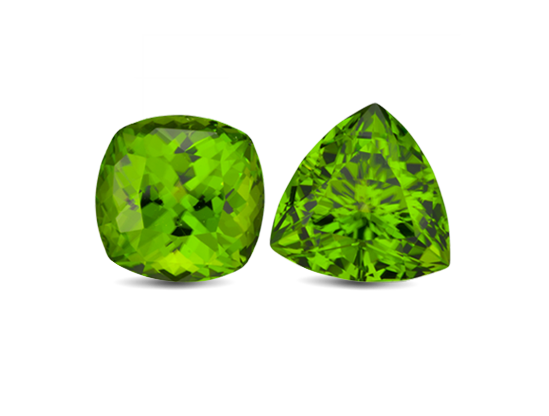
THE FACTS
Yellow-green gem variety of the mineral olivine. Found as nodules in volcanic rock, occasionally as crystals lining veins in mountains of Myanmar and Pakistan, and occasionally inside meteorites.
ROSE QUARTZ
Rose quartz is a quartz variety that gets its name from its delicate pink color.
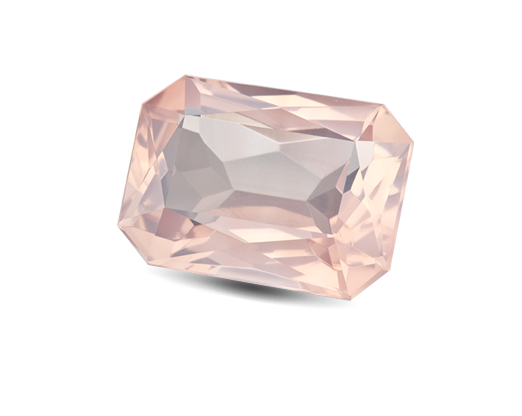
THE FACTS
Microscopic mineral inclusions cause the pink color and translucence of rose quartz. Well shaped, transparent pink quartz crystals are rare.
-
 RUBY
RUBY -
 SAPPHIRE
SAPPHIRE -
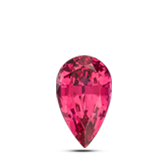 SPINEL
SPINEL -
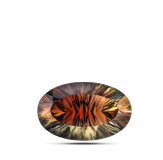 SUNSTONE
SUNSTONE
RUBY
Ruby is the most valuable variety of the corundum mineral species, which also includes sapphire.

THE FACTS
Traces of chromium give this red variety of the mineral corundum its rich color. Long valued by humans of many cultures. In ancient Sanskrit, ruby was called ratnaraj, or “king of precious stones.”
SAPPHIRE
The name “sapphire” can also apply to any corundum that’s not ruby, another corundum variety.
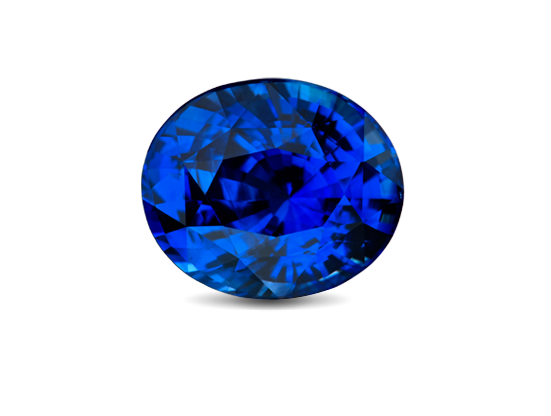
THE FACTS
Depending on their trace element content, sapphire varieties of the mineral corundum might be blue, yellow, green, orange, pink, purple or even show a six-rayed star if cut as a cabochon.
SPINEL
The Black Prince’s Ruby. The Timur Ruby. For centuries, spinel, the great imposter, masqueraded as ruby in Europe’s crown jewels.

THE FACTS
Although frequently confused with ruby, spinel stands on its own merits. Available in a striking array of colors, its long history includes many famous large spinels still in existence.
SUNSTONE
Sunstone’s phenomenal varieties show a distinct and lively glitter called aventurescence.
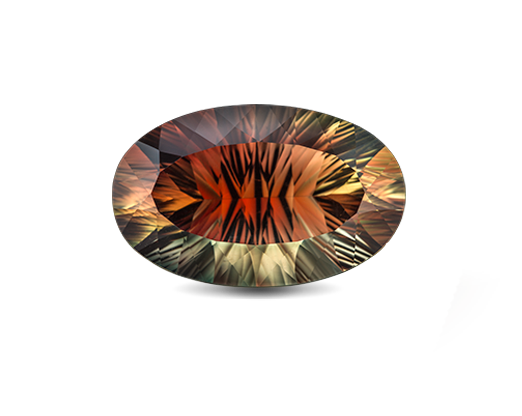
THE FACTS
Sunstone, a member of the feldspar group, can be an orthoclase feldspar or a plagioclase feldspar, depending on chemistry. Both can show aventurescence. “Sunstone” applies to the gem’s appearance.
-
 TANZANITE
TANZANITE -
 TOPAZ
TOPAZ -
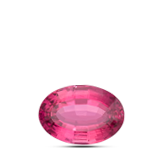 TOURMALINE
TOURMALINE -
 TURQUOISE
TURQUOISE
TANZANITE
Poised between lush blue, vibrant violet, and rich purple, exotic tanzanite is found in only one place on earth, near majestic Mount Kilimanjaro.

THE FACTS
Named for Tanzania, the country where it was discovered in 1967, tanzanite is the blue-to-violet or purple variety of the mineral zoisite. It’s become one of the most popular of colored gemstones.
TOPAZ
Honey yellow. Fiery orange. Cyclamen pink. Icy blue. In warm or cool tones, topaz is a lustrous and brilliant gem.
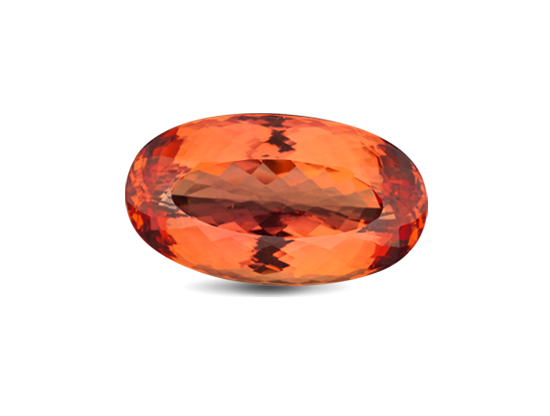
THE FACTS
Colorless topaz treated to blue is a mass-market gem. Fine pink-to-red, purple, or orange gems are one-of-a-kind pieces. Top sources include Ouro Prêto, Brazil, and Russia’s Ural Mountains.
TOURMALINE
Tourmalines have a variety of exciting colors with one of the widest color ranges of any gem.

THE FACTS
Comes in many colors, including the remarkable intense violet-to-blue gems particular to Paraíba, Brazil, and similar blues from Africa. Favorite of mineral collectors.
TURQUOISE
Azure sky, robin’s egg blue: Vivid shades of turquoise define the color that’s named after this gem.

THE FACTS
Ancient peoples from Egypt to Mesoamerica and China treasured this vivid blue gem. It’s a rare phosphate of copper that only forms in the earth’s most dry and barren regions.
-
 ALEXANDRITE
ALEXANDRITE -
 AMBER
AMBER -
 AMETHYST
AMETHYST -
 AMETRINE
AMETRINE
ALEXANDRITE
Green in sunlight. Red in lamplight. Color-changing alexandrite is nature’s magic trick.

THE FACTS
It’s the color-change variety of the mineral, chrysoberyl. Bluish green in daylight, purplish red under incandescent light; hard and durable. Top quality examples are rare and valuable.
AMBER
Amber is nature’s time capsule. This fossilized tree resin contains remnants of life on earth millions of years Ago

THE FACTS
Fossilized resin, color of the burnished sun–orange or golden brown. Amber might trap and preserve ancient life, including insects, leaves, even scorpions and occasionally lizards.
AMETHYST
The essence of purple, amethyst is vrey suitable for crown jewelry yet affordable enough for class right.

THE FACTS
Purple variety of the mineral quartz, often forms large, six-sided crystals. Fine velvety-colored gems come from African and South American mines. In demand for jewelry at all price points.
AMETRINE
This transparent quartz has colors of both amethyst and citrine, and is called ametrine or amethyst-citrine.

THE FACTS
Ametrine, one of the rarest types of transparent quartz, combines two colors: amethyst’s purple and citrine’s orange-to-yellow, growing together in a single crystal.
-
 AQUAMARINE
AQUAMARINE -
 CITRINE
CITRINE -
 DIAMOND
DIAMOND -
 FANCY COLOR DIAMOND
FANCY COLOR DIAMOND
AQUAMARINE
Named after seawater, aquamarine’s fresh watery hue is a cool plunge into a refreshing pool.

THE FACTS
Blue to slightly greenish-blue variety of the mineral beryl. Crystals are sometimes big enough to cut fashioned gems of more than 100 carats. Well-formed crystals might make superb mineral specimens.
CITRINE
Citrine is the transparent, pale yellow to brownish orange variety of quartz.

THE FACTS
Citrine’s color comes from traces of iron. It’s perhaps the most popular and frequently purchased yellow gemstone and an attractive alternative for topaz as well as for yellow sapphire.
DIAMOND
Diamonds are among nature’s most precious and beautiful creations.

THE FACTS
This hardest gem of all is made of just one element: carbon. It’s valued for its colorless nature and purity. Most diamonds are primeval—over a billion years old—and form deep within the earth.
FANCY COLOR DIAMOND
Dazzling brilliance. Captivating color. The planet’s most valued gems are fancy color diamonds.

THE FACTS
Fine color diamonds are the most rare and costly of all gemstones. Their ranks include the world’s most famous jewel—the Hope—and the most expensive gem ever auctioned—The Graff Pink.
-
 EMERALD
EMERALD -
 GARNET
GARNET -
 IOLITE
IOLITE -
 JADE
JADE
EMERALD
Emerald is the bluish green to green variety of beryl, a mineral species that includes aquamarine.

THE FACTS
The most valued variety of beryl, emerald was once cherished by Spanish conquistadors, Inca kings, Moguls, and pharaohs. Today, fine gems come from Africa, South America, and Central Asia.
GARNET
Garnets are a set of closely related minerals forming a group, with gemstones in almost every color.

THE FACTS
The garnet group of related mineral species offers gems of every hue, including fiery red pyrope, vibrant orange spessartine, and rare intense-green varieties of grossular and andradite.
IOLITE
According to legend, Vikings used iolite slices to reduce glare when checking the sun’s position.

THE FACTS
Known in the jewelry trade as iolite, this mineral is known as cordierite to geologists and mineralogists. It was named after French mineralogist Pierre Cordier.
JADE
“Jade” is a generic term for nephrite, jadeite, and under certain conditions green omphacite. In China, a pierced jade disk is a symbol of heaven.

THE FACTS
Prized by civilizations from ancient China to the Aztecs and Mayans of Central America, jade is crafted into objects of stunning artistry.
-
 KUNZITE
KUNZITE -
 LAPIS LAZULI
LAPIS LAZULI -
 MOONSTONE
MOONSTONE -
 MORGANITE
MORGANITE
KUNZITE
Collectors love kunzite for its color range, from delicate pastel pink to intense violetish purple.

THE FACTS
Trace amounts of manganese give this pink to violet variety of spodumene its feminine glow. A relative newcomer to the gemstone stage, kunzite was only confirmed as a unique variety of spodumene in the early part of the twentieth century.
LAPIS LAZULI
Lapis is a beautiful rock; an aggregate of several minerals, mainly lazurite, calcite, and pyrite.

THE FACTS
Lapis lazuli is treasured for its beautiful deep blue color. Afghanistan is considered the source of the best-quality lapis.
MOONSTONE
A ghostly sheen moves under the surface of this feldspar, like moonlight glowing in water.

THE FACTS
Feldspar prized for its billowy blue adularescence, caused by light scattering from an intergrowth of microscopic, alternating layers. Favored gem of many Art Nouveau jewelry designers.
MORGANITE
Morganite is the pink to orange-pink variety of beryl, a mineral that includes emerald and aquamarine.

THE FACTS
Like its cousins emerald and aquamarine, morganite is a variety of the beryl mineral species. This gem gets its subtle blush when a trace amount of manganese makes its way into morganite’s crystal structure.
-
 OPAL
OPAL -
 PEARL
PEARL -
 PERIDOT
PERIDOT -
 ROSE QUARTZ
ROSE QUARTZ
OPAL
Fireworks. Jellyfish. Galaxies. Lightning. Opal’s shifting play of kaleidoscopic colors is unlike any other gem.

THE FACTS
Opal’s microscopic arrays of stacked silica spheres diffract light into a blaze of flashing colors. An opal’s color range and pattern help determine its value.
PEARL
Perfect shining spheres. Lustrous baroque forms. Seductive strands, warm to the touch. Pearls are simply and purely organic.

THE FACTS
Produced in the bodies of marine and freshwater mollusks naturally or cultured by people with great care. Lustrous, smooth, subtly-colored pearls are jewelry staples, especially as strands.
PERIDOT
Found in lava, meteorites, and deep in the earth’s mantle, yellow-green peridot is the extreme gem

THE FACTS
Yellow-green gem variety of the mineral olivine. Found as nodules in volcanic rock, occasionally as crystals lining veins in mountains of Myanmar and Pakistan, and occasionally inside meteorites.
ROSE QUARTZ
Rose quartz is a quartz variety that gets its name from its delicate pink color.

THE FACTS
Microscopic mineral inclusions cause the pink color and translucence of rose quartz. Well shaped, transparent pink quartz crystals are rare.
-
 RUBY
RUBY -
 SAPPHIRE
SAPPHIRE -
 SPINEL
SPINEL -
 SUNSTONE
SUNSTONE
RUBY
Ruby is the most valuable variety of the corundum mineral species, which also includes sapphire.

THE FACTS
Traces of chromium give this red variety of the mineral corundum its rich color. Long valued by humans of many cultures. In ancient Sanskrit, ruby was called ratnaraj, or “king of precious stones.”
SAPPHIRE
The name “sapphire” can also apply to any corundum that’s not ruby, another corundum variety.

THE FACTS
Depending on their trace element content, sapphire varieties of the mineral corundum might be blue, yellow, green, orange, pink, purple or even show a six-rayed star if cut as a cabochon.
SPINEL
The Black Prince’s Ruby. The Timur Ruby. For centuries, spinel, the great imposter, masqueraded as ruby in Europe’s crown jewels.

THE FACTS
Although frequently confused with ruby, spinel stands on its own merits. Available in a striking array of colors, its long history includes many famous large spinels still in existence.
SUNSTONE
Sunstone’s phenomenal varieties show a distinct and lively glitter called aventurescence.

THE FACTS
Sunstone, a member of the feldspar group, can be an orthoclase feldspar or a plagioclase feldspar, depending on chemistry. Both can show aventurescence. “Sunstone” applies to the gem’s appearance.
-
 TANZANITE
TANZANITE -
 TOPAZ
TOPAZ -
 TOURMALINE
TOURMALINE -
 TURQUOISE
TURQUOISE
TANZANITE
Poised between lush blue, vibrant violet, and rich purple, exotic tanzanite is found in only one place on earth, near majestic Mount Kilimanjaro.

THE FACTS
Named for Tanzania, the country where it was discovered in 1967, tanzanite is the blue-to-violet or purple variety of the mineral zoisite. It’s become one of the most popular of colored gemstones.
TOPAZ
Honey yellow. Fiery orange. Cyclamen pink. Icy blue. In warm or cool tones, topaz is a lustrous and brilliant gem.

THE FACTS
Colorless topaz treated to blue is a mass-market gem. Fine pink-to-red, purple, or orange gems are one-of-a-kind pieces. Top sources include Ouro Prêto, Brazil, and Russia’s Ural Mountains.
TOURMALINE
Tourmalines have a variety of exciting colors with one of the widest color ranges of any gem.

THE FACTS
Comes in many colors, including the remarkable intense violet-to-blue gems particular to Paraíba, Brazil, and similar blues from Africa. Favorite of mineral collectors.
TURQUOISE
Azure sky, robin’s egg blue: Vivid shades of turquoise define the color that’s named after this gem.

THE FACTS
Ancient peoples from Egypt to Mesoamerica and China treasured this vivid blue gem. It’s a rare phosphate of copper that only forms in the earth’s most dry and barren regions.
YOU MIGHT ALSO LIKE

Find a Retailer

Subscribe to Knowledge Rocks Emails


